“Innovation is the heartbeat of human progress, and the inventor is its driving force.” It is the process of creating something new that makes life better, easier, and more meaningful. Innovation is impossible without passion. Innovators see the world differently—they become obsessed with transforming the world from what it is into what it should be. Some focus on delivering value to the market, others dedicate themselves to fundamental research. But all share one thing in common: a relentless drive to solve problems and create a better future.
Let me know if you’d like to tweak the tone or structure further!

Here are 15 of the most impactful inventors in history whose creations continue to shape the way we live:
Page Contents
1. Archimedes (287 BCE – c. 212 BCE)

An ancient Greek mathematician, physicist, engineer, and inventor. Archimedes is known for calculating pi and inventing the Archimedes screw, a device still used for raising water from wells and mines.
2. Cai Lun (50–121 CE)
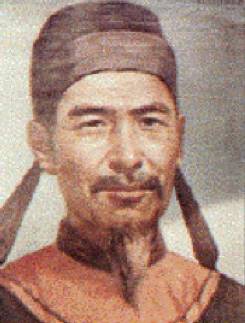
A Chinese political official who is credited with inventing modern paper and the paper-making process using raw materials like bark, hemp, silk, and fishing nets—revolutionizing communication and documentation.
3. Galileo Galilei (1564–1642)

Italian scientist and pioneer of modern physics and astronomy. He developed an improved telescope, confirmed heliocentric theories, and invented an advanced compass for military use.
4. Sir Isaac Newton (1642–1726)
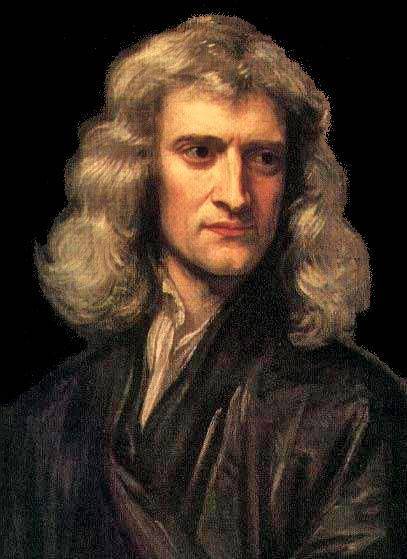
English physicist and mathematician. Newton invented the reflecting telescope, enhancing astronomical observations. His contributions to gravity, optics, and motion remain foundational in science.
5. Benjamin Franklin (1705–1790)
American polymath who discovered electricity and invented the Franklin stove, bifocals, and the lightning rod. He also played a crucial role in the founding of the United States.
6. William Cullen (1710–1790)
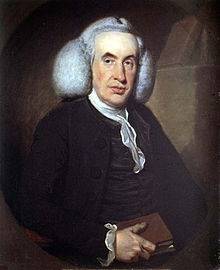
A Scottish physician who laid the groundwork for artificial refrigeration. Though others later made it practical, Cullen’s work sparked the idea of mechanical cooling.
7. Charles Babbage (1791–1871)

Often called the “Father of Computers”, Babbage conceptualized the mechanical computer, paving the way for modern computing—even though he never built a fully working model.
8. William Henry Fox Talbot (1800–1877)
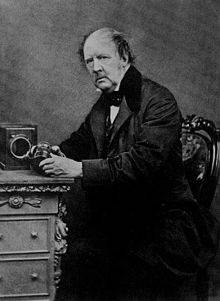
A British photography pioneer. He invented the calotype process, the first technique that allowed for multiple photographic prints from a single negative.
9. Kirkpatrick Macmillan (1812–1878)
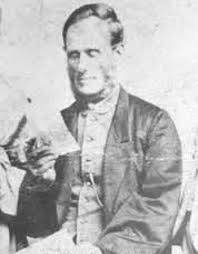
A Scottish blacksmith who invented the pedal-driven bicycle, transforming transportation and paving the way for personal mobility.
10. Alexander Graham Bell (1847–1922)
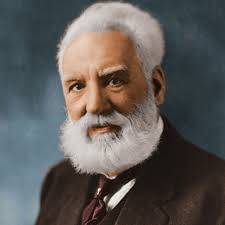
Inventor of the first practical telephone. Bell also explored optical communication, aeronautics, and hydrofoils.
11. Thomas Edison (1847–1931)
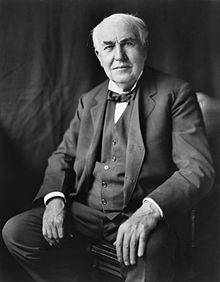
One of history’s most prolific inventors, Edison held over 1,000 patents. He developed the light bulb, phonograph, and motion picture camera, shaping modern life in countless ways.
12. Nikola Tesla (1856–1943)
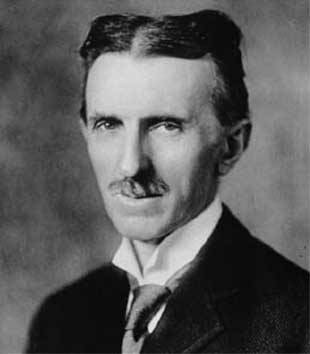
Brilliant Serbian-American engineer and physicist. Tesla contributed to the development of AC electricity, the induction motor, Tesla coil, and fluorescent lighting.
13. The Wright Brothers (1871–1948)
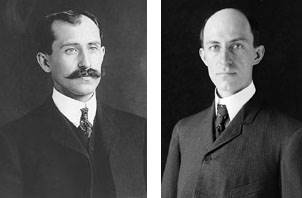
Orville and Wilbur Wright are credited with inventing and flying the world’s first powered airplane in 1903, revolutionizing global transportation.
14. Rudolf Diesel (1858–1913)
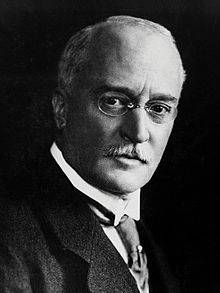
A German inventor who created the diesel engine, aiming for greater efficiency than gasoline engines—a technology still used in transportation and industry today.
15. John Logie Baird (1888–1946)
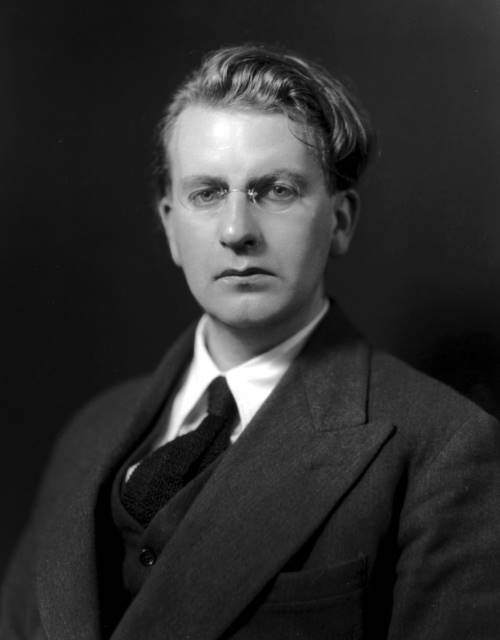
A Scottish inventor who created the television and the first video recording device, laying the foundation for modern visual media.
Conclusion
From ancient innovations to modern marvels, these inventors dared to dream and do. They saw what the world lacked, and rather than wait, they created. Whether you’re an aspiring innovator or simply inspired by human achievement, remember: every great invention starts with a bold idea and a refusal to give up.



